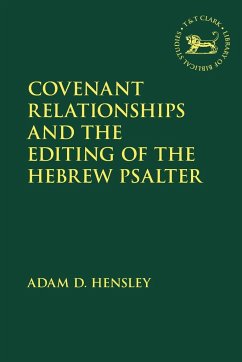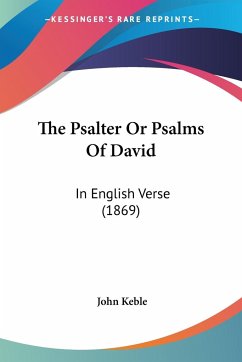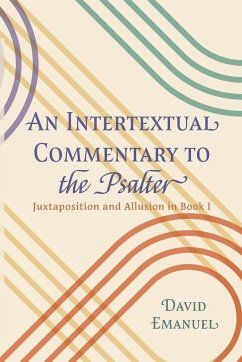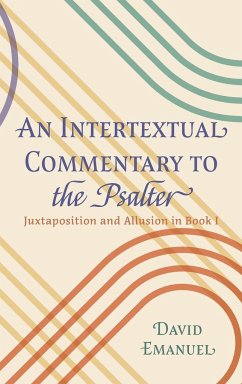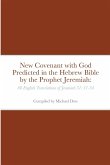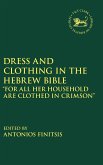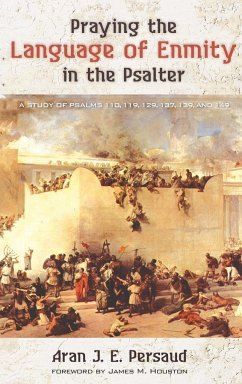An examination of the relationship between the Davidic covenant and Abrahamic and Mosaic covenants reflected in the editorial shape and shaping of the Masoretic Psalter. Hensley proposes that the editors of the Psalter understood these covenants as a theological unity, whose common fulfilment centres on an anticipated royal successor to David. To test this hypothesis Hensley examines the Psalter's references and allusions to covenant(s) in light of editorial evidence. The book is split into three parts. Part I reassesses different kinds of editorial evidence, their implications, and their utility for discerning editorial intent. It also re-evaluates the Qumran Psalms Hypothesis championed by Sanders, Wilson, and others. Part II engages in extensive survey work on references and allusions to covenant(s) in the Psalter, assessing the extent to which they gravitate around David. Hensley traces phraseological and intertextual allusions to covenant promises and obligations, providing the first survey of its kind on the subject of covenant in the Psalter. Part III then investigates a strong allusion to the Abrahamic covenantal promises in Ps 72:17 in the context of Book II of the Psalter, and the Psalter's fullest echoes of the "grace formula" (Exod 34:6) in Psalm 86:15, 103:8, and 145:8 in the contexts of Books III, IV, and V respectively. Hensley shows that rather than the Davidic covenantal promises being "democratized," the promises and obligations of the pre-monarchic covenants are consistently "royalized" throughout the Psalter and its books, depicting the anticipated Davidic figure as a Moses-like intercessor and mediator of covenant renewal, and the leader of a "new song" for a "new exodus."

